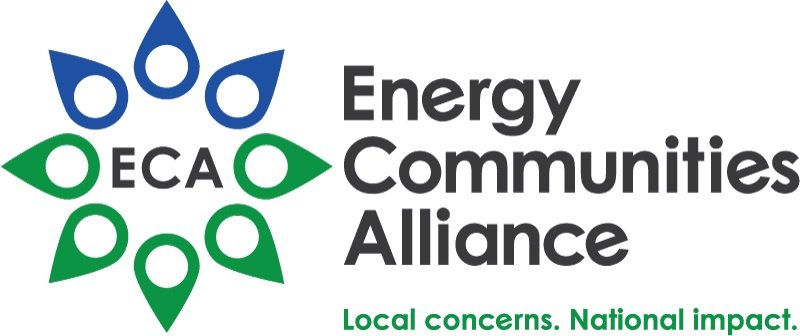GAO ISSUES LETTER TO NRC WITH RECOMMENDATIONS TO IMPROVE SAFETY, COST-ESTIMATES AND DECISION-MAKING
Earlier this month, the Government Accountability Office published a letter it had addressed to the Honorable David Wright, Chairman of the U.S. Nuclear Regulatory Commission (NRC).
The letter identified nine (9) priority recommendations GAO has made for the Nuclear Regulatory Commission (NRC) that if implemented, would address the security of radiological sources, improve the reliability of NRC's cost estimates, and improve risk-informed decision-making by the NRC. Eight of these priority recommendations remain open from the last letter GAO sent to the NRC in May 2024, and the GAO maintain 24 total open recommendations for the NRC.
The GAO nine priority recommendations address the following areas:
Addressing the security of radiological sources to enhance the security of radioactive materials while also ensuring the protection of public health and safety.
The NRC, in coordination with the Department of Energy, should evaluate disposal options and act to better secure americium-241 when the origin is foreign in order to reduce the risk that this material will be lost, stolen, or used by a bad actor to create a dirty bomb.
The NRC should require that vendors verify category 3 licenses with the appropriate regulatory authority to make licenses less vulnerable to alteration or forgery, so that a fraudulent license cannot be used to acquire material for use in a dirty bomb.
The NRC should require additional security measures for high-risk quantities of certain category 3 radioactive material and assess whether other category 3 materials should also be safeguarded with additional security measures, such as multifactor authentication.
The NRC should consider socioeconomic consequences and fatalities from evacuations in the criteria for determining what security measures should be required for radioactive materials that could be used in a dirty bomb. The NRC disagreed with this recommendation, maintaining that the current regulatory requirements provide for the safe and secure use of all radioactive materials.
The NRC should ta better track and secure radioactive materials that are potentially dangerous to human health and verify the legitimacy of the licenses for those who seek to possess them. The NRC should take the steps needed to include category 3 sources in the National Source Tracking System and add agreement state category 3 licenses to the Web-based Licensing System.
NRC should, at least until such time that category 3 licenses can be verified using the License Verification System, require that transferors of category 3 quantities of radioactive materials confirm the validity of a would-be purchaser’s radioactive materials license with the appropriate regulatory authority before transferring any category 3 quantities of licensed materials
Improving the reliability of cost estimates
NRC cost estimates help inform the Commissioners’ regulatory decisions, such as modifications to nuclear power plants. The NRC should seek to improve the reliability of these estimates. For example, NRC has yet to complete and issue updated cost estimating procedures to align with best practices identified in GAO’s cost estimating guide. Doing so will better ensure that NRC’s cost estimates are reliable and provide the Commissioners with adequate information on which to base their decisions.
Improving risk-informed decision-making.
The NRC promotes risk-informed decision-making to provide quality licensing and oversight of nuclear facilities. However, the NRC has yet to develop guidance for incorporating climate projections data into licensing and oversight processes. Doing so will help ensure that NRC is using the best available information to adequately address the risks climate change poses to nuclear power plants. This will better enable NRC to fulfill its mission to protect public health and safety
The letter also included two recommendations the GAO had made for Congressional consideration with regard to the NRC;
Congress should consider directing the NRC to (1) incorporate socioeconomic consequences into NRC’s decision-making for setting security measures for radioactive materials, and (2) update its regulations accordingly.
Congress should consider directing the NRC to immediately require that all category 3 licenses be added to the Web-based Licensing System, all category 3 sources be included and tracked in the National Source Tracking System, and that all vendors verify the legitimacy of would-be purchasers’ category 3 licenses with the regulator.
To read the full letter GAO published, click here.
